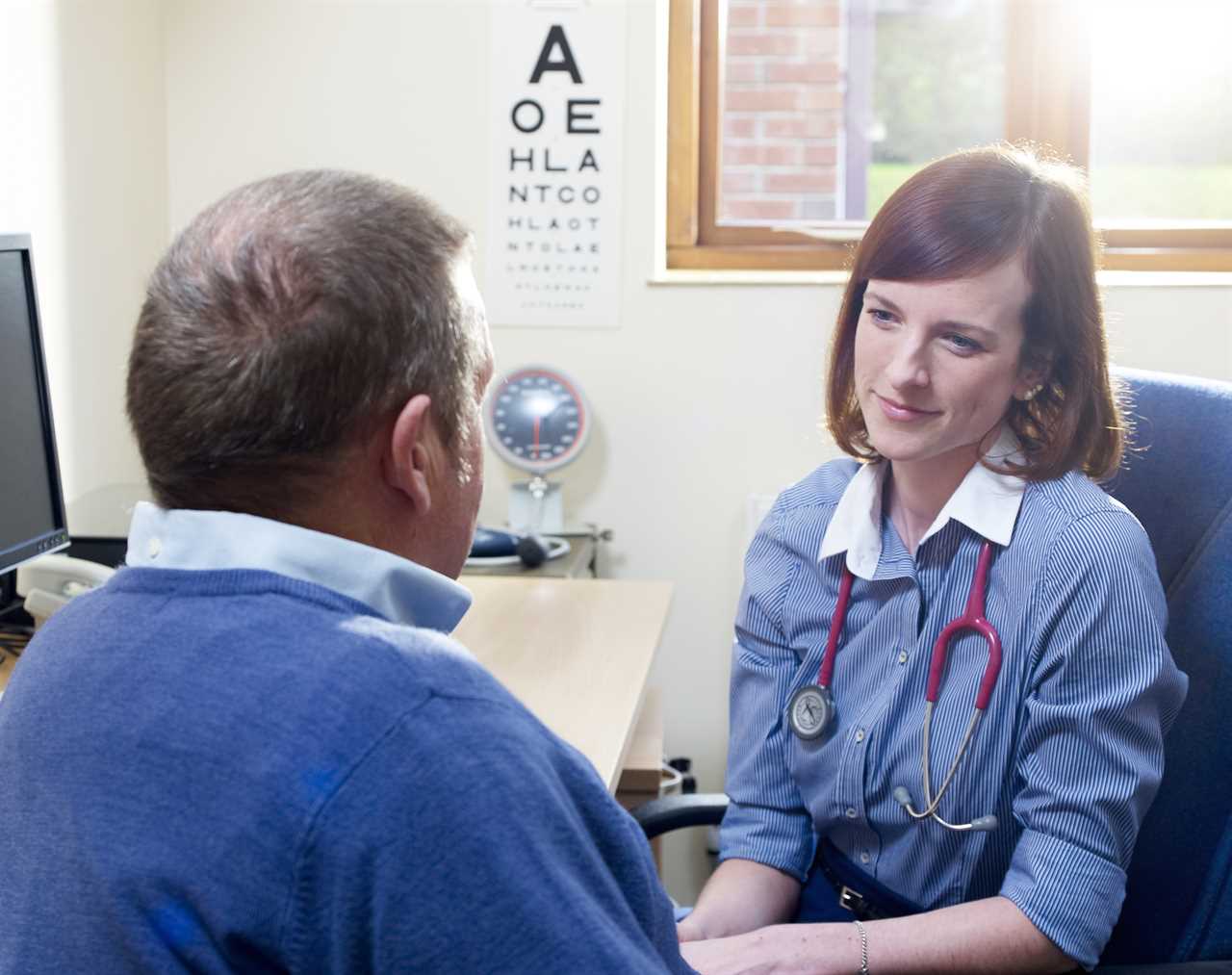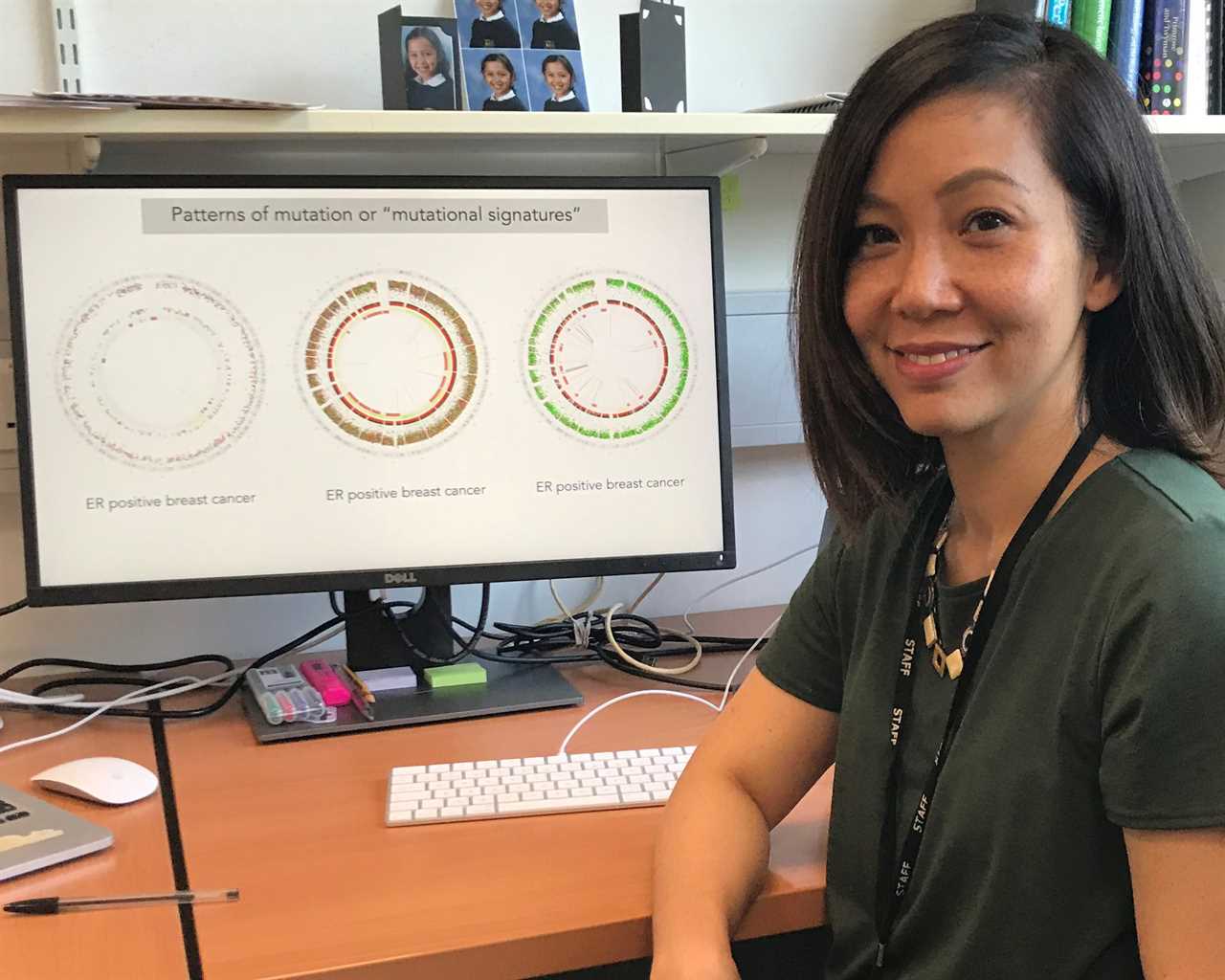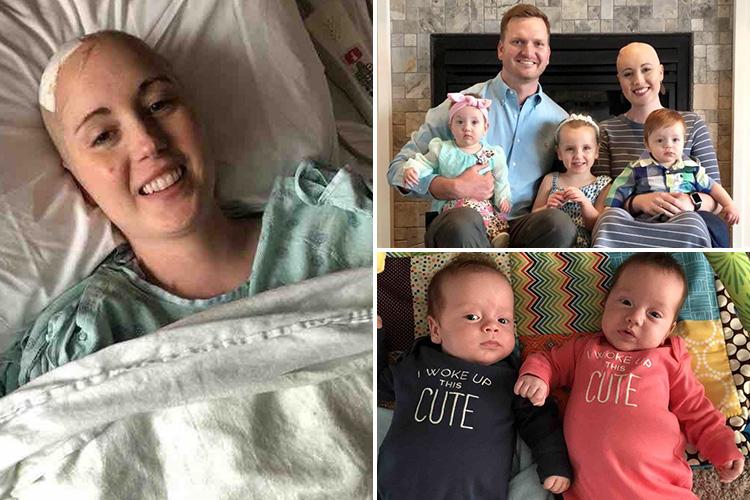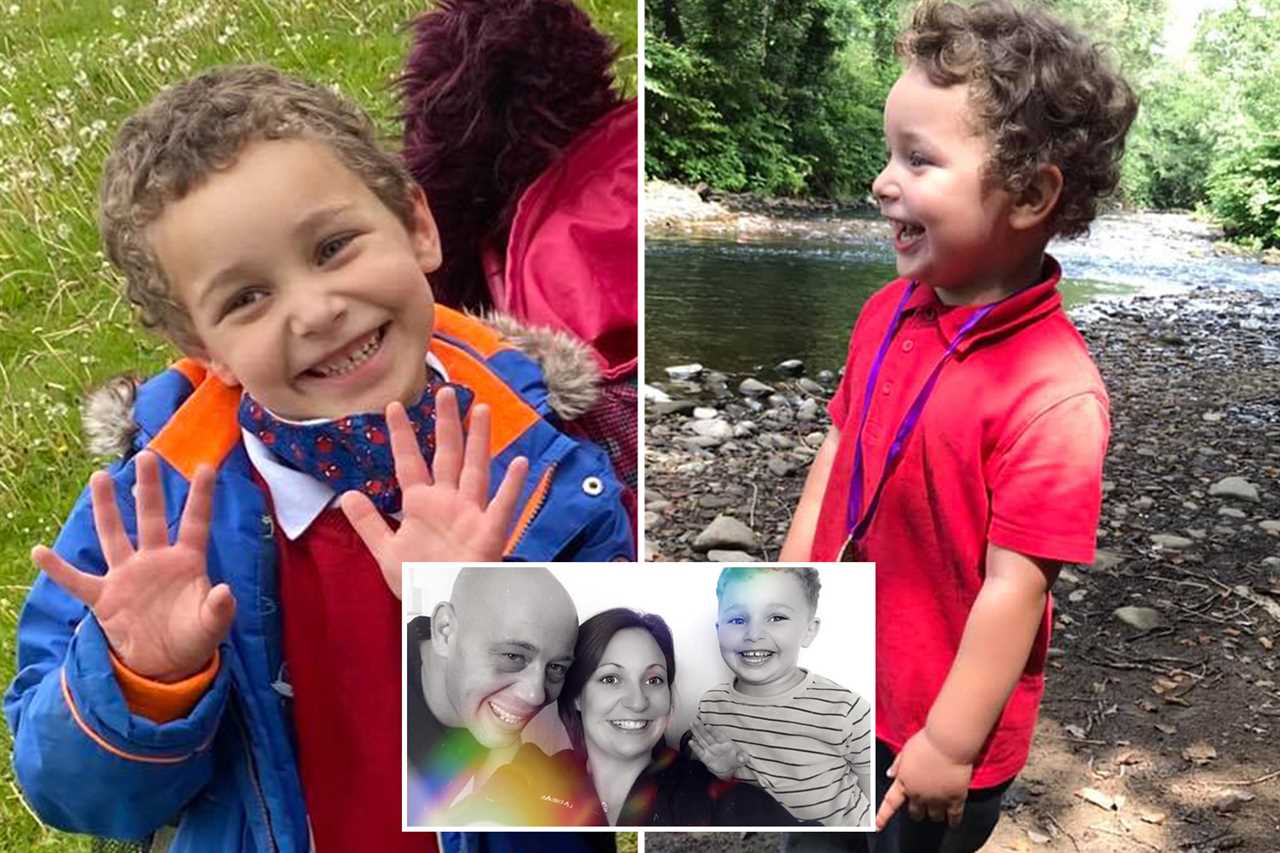CANCER care on the NHS is set to be revolutionised thanks to a major gene study.
Patients will get fast-tracked on to life-saving treatments targeting their individual cancer thanks to the breakthrough.

A Cambridge University analysis of more than 12,000 UK cases has revealed which specific DNA mutations inside cancer cells can cause tumours to develop.
Experts claim the findings may soon allow medics to offer patients more personalised therapies tailored to their cancer’s genetic make-up.
Professor Serena Nik-Zainal, of Cambridge University, said: “It’s revolutionary.
“It will change the way we treat cancer over the next five to ten years.
Read More on Cancer
“It is a landmark study.
“Thanks to our findings we now have a tool that can be used across the NHS immediately.”
She added: ““Our expectation would be that you can shorten the time for patients to get the best treatment possible, and that they will respond quicker, faster and better.”
Read More on Trending In The News











